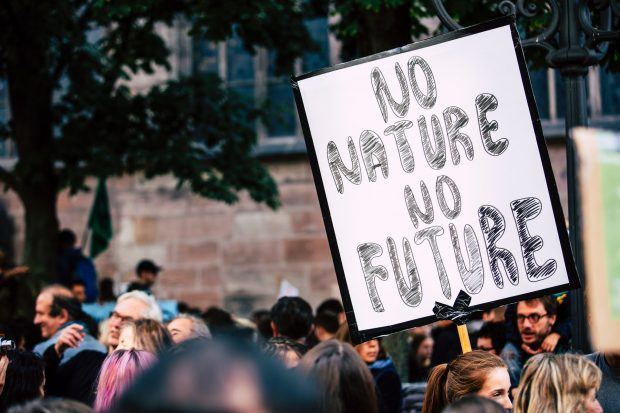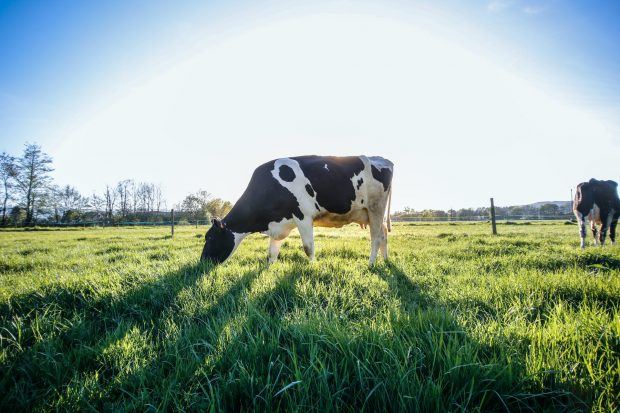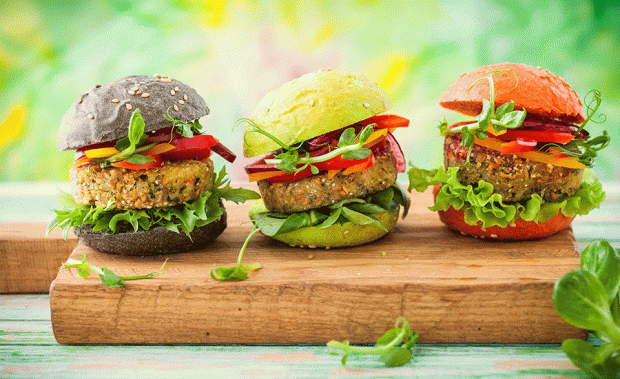One of the leading causes of climate change, driven by greenhouse gas emissions, is something we can all help reduce. However, our governments are not telling us about it. Donovan Will explains
Climate change affects everyone, and so it might follow that everyone should be thinking about how best to reduce greenhouse gas emissions and fight climate change. World leaders are currently meeting at COP26 in Glasgow to discuss their climate change mitigation strategies. We already know that the biggest talking points are likely to be moving away from fossil fuels and reducing emissions from the global transportation industry (especially maritime and aviation transport). They’re also going to discuss protecting natural resources like rainforests that act as huge carbon sinks.
How much of a difference can we really make to climate change?
Given these priorities, it is not surprising that most people are not thinking too much about what they can do. The top three mitigation strategies that governments are focussing on are not part of most people’s everyday life. Yes, we can try to use less electricity by turning off lights and taking shorter showers. We can also try to drive less and walk or cycle more often; but how much difference can those steps really make?
Moving power plants from fossil fuels to renewables is something governments need to do. There are millions of people all over the world who simply cannot afford to switch to an electric car. Also, let’s get real, it’s not like many of us have rainforests in our back gardens that need protection.
Why your daily personal choices count
So is the only thing we can then do is pressure our governments and big businesses to make big changes to power, transport and environmental protection? This is where we are required to start talking about one of the leading causes of climate change – that almost everyone can help to drastically reduce through their daily personal choices – that world leaders are not talking about. Not only is it one of the sources of GHGs that can most quickly be addressed at the lowest cost, but it is also one of the fastest-growing causes of GHG emissions.

Photo by Markus Spiske on Unsplash
GHD Reduction
Many scientists are now predicting that even if governments meet their goals on the three priority areas listed above, they will still not be able to meet their total GHG reduction targets without addressing the most ignored sources of GHGs.
Scientists estimate that the global transportation industry is responsible for approximately 14% of total GHGs. Reducing this is a difficult task. To get this number to zero you’d have to forgo almost all forms of transport (in South Africa even electric cars use fossil fuels, as most of the electricity they are charged with comes from fossil fuelled power plants). It will likely take decades to even make a large dent in this number, and it will cost trillions of dollars.
Animal agriculture is a leading cause of carbon emissions
Animal agriculture, on the other hand, is estimated to contribute approximately 14.5% of total GHGs. This is about the same as the global transportation industry. How quickly can this number be reduced? Almost immediately: by eating more plant-based, individuals can reduce their total carbon footprint by up to half. Studies have shown that this is the most effective way of reducing greenhouse gas emissions.

Photo by Flash Dantz on Unsplash
The side effects of this mitigation strategy include healthier diets, improving other environmental issues like ocean dead zones and water use, and reducing the suffering of animals.
COP26 and the Climate Crisis
The easiest and fastest mitigation strategy and one of the leading causes of GHG emissions are not on the agenda at COP26. Governments around the world are failing to bring about the changes needed, and they are failing to even talk about one of the best mitigation strategies we have. Fortunately, this mitigation strategy does not rely on governments; individuals can take control of their contribution to climate change every time they choose what to eat.
Does this mean everyone has to go plant-based? No; what it means is that we all need to start adding more plant-based options to our meals, and reducing our reliance on animal products, and we need to include this animal agriculture in any talks about climate change mitigation. If we only followed the department of health’s recommendations for meat consumption, we would already be eating significantly less meat than the average South African.
Climate change can be mitigated by every person
Adding more plant-based foods like beans and legumes, fruit and vegetables, whole grains, mushrooms, and nuts and seeds will drastically reduce your carbon footprint, and lead to a healthier diet. Those who think they can’t go without meat can try options like Beyond Meat plant-based burgers that mimic beef. There’s also On The Greenside Tender Fillets that mimic chicken. Advances in food technology have improved these alternative products so much that today many cannot tell them apart from the products they are replacing.
 Facts About the Climate Crisis
Facts About the Climate Crisis
-
Farming and the eating of animals is a leading contributor to the global climate crisis, responsible for at least 14.5% of global greenhouse gas emissions.
-
Switching to a plant-based diet could reduce individual food-related emissions by up to 50%.
-
Humans consume 346.14 million tons of meat every year. By 2030, this number will be 453 million – a 44% increase.
-
The biggest dairy companies in the world have the same combined greenhouse gas emissions as the UK, the sixth-biggest economy in the world. By 2028, the global consumption of fresh and processed dairy products is expected to increase by 2.1% and 1.5% a year respectively, according to the OECD-FAO.
-
80% of the world’s deforestation is related to our current food system, and nearly 70% of cleared land in the Amazon is used for cattle grazing.
-
Globally, 90% of soya is used to feed livestock. Vast areas of forest and natural habitat have been destroyed and replaced with soya fields. Converting forests and grasslands into farmland for soya releases carbon dioxide and other greenhouse gases. Trees absorb and store carbon dioxide. Fewer trees mean more carbon in the atmosphere.
What governments can do
Yes, every individual can make a difference without waiting for their government to act. However, there are many actions governments can address the climate crisis and reduce greenhouse gasses by addressing animal agriculture. Here are some policy considerations that we at ProVeg South Africa encourage policymakers to consider.
What local governments can do immediately to address the climate crisis:
-
Include animal agriculture in climate mitigation discussions and agreements, including adding it to the Paris Agreement and the agenda at COP26.
-
Catering: increasing plant-based food options in public institutions and schools.
-
Subsidies and a just transition: reduce subsidies for industrial animal agriculture. They should also provide assistance to farmers to replace animal agriculture with plant-based options where possible.
-
Plant-based innovation: Provide financial support for climate-friendly, plant-based innovations.
-
National Dietary Guidelines: promote plant-based foods and a move away from animal products, according to national dietary guidelines.
-
Taxation: ensure that environmentally friendly plant-based products are not taxed more than their equivalent animal products.
-
Product Labelling: add the environmental footprint of food products to their labels, so consumers can make informed decisions.
-
Education: add the impact animal agriculture has on the environment to school syllabuses.
-
Work with NGOs: Support NGOs and other organizations working in this space.
Credit: Main Photo by Annie Spratt on Unsplash
About the author
Donovan Wills is a strategist, thought leader and public speaker within the plant-based food sector and vegan movement in South Africa. He is the Country Director at ProVeg South Africa.The company licences the V-Label Certification locally. Wills is also a director at the Physicians Association for Nutrition South Africa. Read his full biography below.



 Facts About the Climate Crisis
Facts About the Climate Crisis

![women [longevity live]](https://longevitylive.com/wp-content/uploads/2020/01/photo-of-women-walking-down-the-street-1116984-100x100.jpg)









